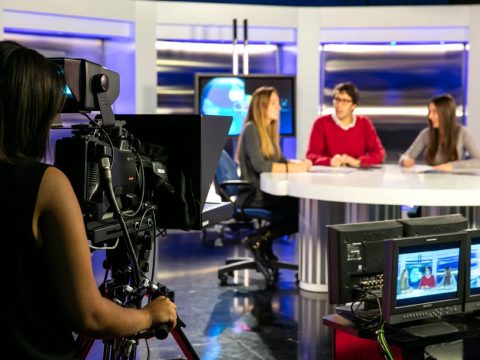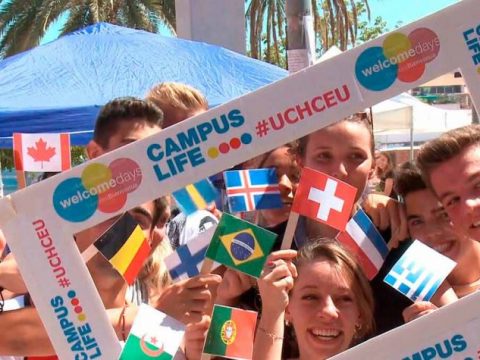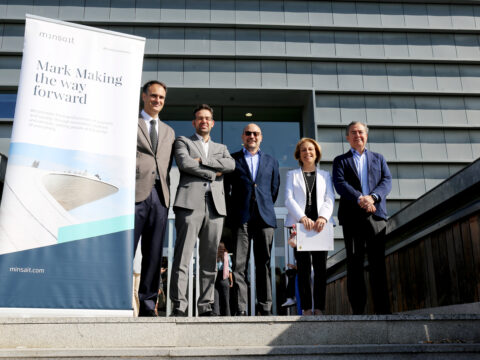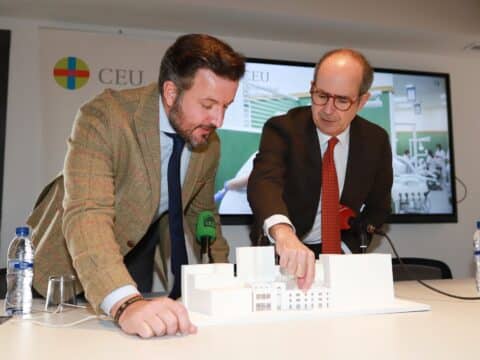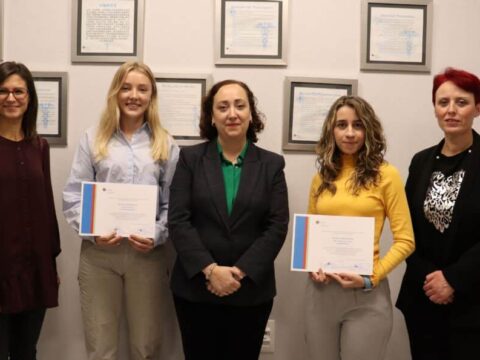
CEU 90th anniversary
16 January, 2023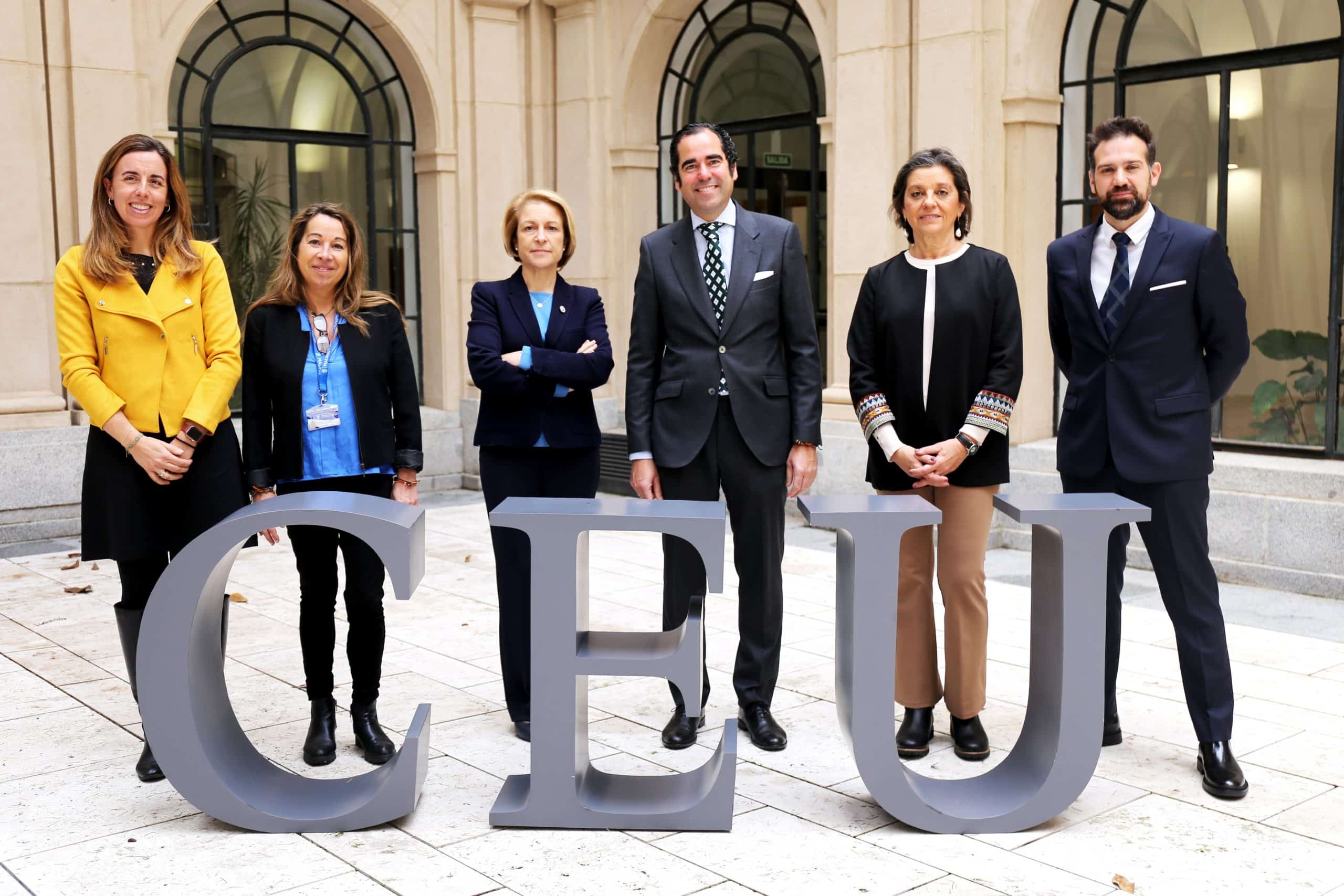
CEU, committed to employability
20 January, 2023National and international experts of 15 countries and over 30 academic centres have shared for three days their experience around teaching innovation in the III International Congress on Academic and Teaching Innovation organized by CEU; an encounter with innovation that involves a space for reflection and discussion on the essential aspects which directly affect the academic sector currently undergoing one of the most important transformation moments of the last decades.
Learning to learn
The opening speech has been given by the President of Fundación Trilema, Carmen Pellicer. With the title “The impact of executive duties on academic innovation” the pedagogue has reminded that “innovation is the necessary answer to research, it is an essential axis to activate the weight on which educational projects of academic institutions are grounded”. In this sense, Pellicer has pointed out that “we shall progress on how we know children’s minds and how they learn, something that has to move us to change the way in which we organize academic intervention to improve such learning. Innovation is a response to the loyalty to the mission of any academic institution to guarantee excellence and learning opportunities for all”.
The pedagogue has highlighted the need to connect innovation to the transformation of students in order to make it revert on the improvement of students’ learning especially for those most vulnerable. Moreover, she has emphasized the role of teachers as essential drivers of this change. From her point of view “the teacher has to identify strengths, optimal performance and the problems that interfere with the student’s learning. We should understand the language of the mind and the activity of understanding. Learning to manage attention, being more cognitive. It is necessary therefore to develop projects responding to the anthropologic vision of students”.
With respect to executive functions, the President of Fundación Trilema proposes a model to train executive functions in class based on three keys: where are good ideas, how we make good decisions and how we create habits that will help students in their education. “A conversion process between experiences and knowledge, how we feed the process generating learning experiences, how we train them systematically to modify neuronal structures of the central lobe. To be able to see functions we have to start seeing dysfunctions responsible of 44% of academic failure” has explained.
Thursday’s session has been about the Internationalization and Impact on the Society and has counted with the participation of the experts Cesare Wright, director of digital projects of Universidad de Santo Tomás in Houston; Juan Freire, Vice-dean of Innovation and Transformation of Universidad TecMilenio in Monterrey (México); or Juan Fernández, researcher of learning sciences, among others.
Finally the closing session of the Congress will focus on the area of Learning Experiences. Héctor Ruíz Martín, director of the ‘International Science Teaching Foundation’, expert in neuroscience and learning psychology and Alex Rayón, Vice-dean of International Relations and Digital Transformation of Deusto and Director of Deusto BigData, among other experts have closed this event.



